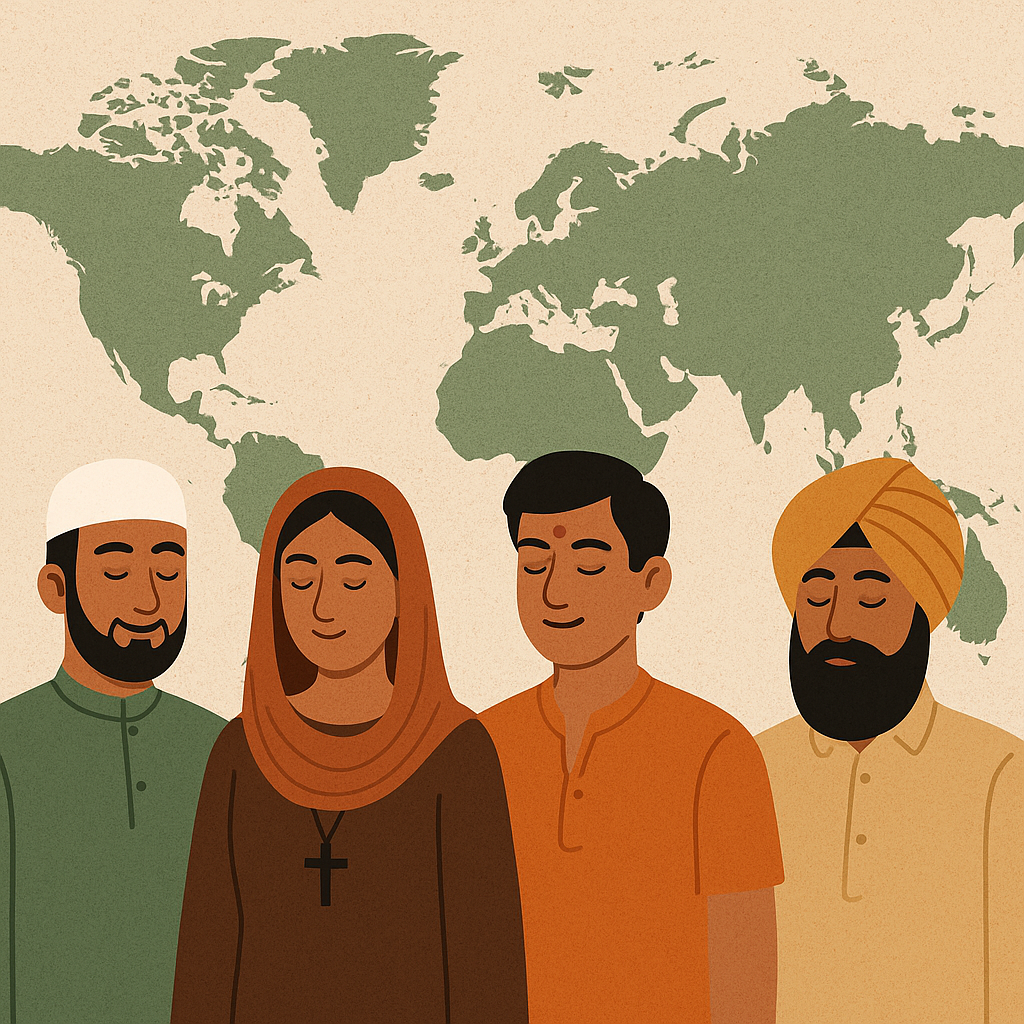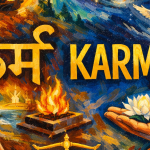Why Islam’s Global Rise Matters for India’s Faith Ecosystem
In the early decades of the 21st century, one of the striking shifts in the global religious landscape is the rapid growth of Islam. According to the Pew Research Center, between 2010 and 2020 the global Muslim population increased by about 347 million—making Islam the fastest-growing major religion in the world. Moneycontrol+2The Times of India+2 Its share of the global population rose from approximately 23.8 % to 25.6 % in that period. The Times of India+1 This demographic momentum matters beyond mere numbers: for a country like India—with its vast pluralistic faith ecosystem—the implications are multifold.
First, India already has one of the world’s largest Muslim populations. While India remains a Hindu-majority country, the sheer size and growth of the Muslim community means that global and regional developments in Islam naturally ripple into its domestic religious ecology. As the global Muslim population grows, the international voice and networks of Muslims strengthen, which means Indian Muslims are both connected to and affected by global currents in Islamic thought, identity, culture and geopolitics.
Second, the growth of Islam globally reinforces Islam’s cultural visibility, piety discourses, religious education and transnational Islamic linkages. From scholarship, charity networks, migration, media and religious mobilisations, Indian Muslims may draw inspiration or connections from these global Islamic trends. That has the effect of intensifying faith-identity dynamics inside India. For other religious communities—Hindus, Christians, Sikhs, Jains or others—it means that religious competition, accommodation, interfaith relations and communal identity may all evolve in response to this growing Islamic presence globally.
Third, India’s faith ecosystem—marked by diversity, syncretism and contestation—is thus placed in a changing context. The rise of Islam internationally means that India’s minority-majority religious relations may get reshaped. On one hand, strengthened Muslim identity and global linkages can enhance the self-confidence and visibility of India’s Muslim community; on the other, the very magnitude and pace of growth can trigger majority anxieties, policy responses, or communal backlash. Indeed, research points out that in India the rise of Hindu-nationalist identity has at times been tied to anxiety about Muslim population growth and “otherness”. MDPI+1 Thus, the global rise of Islam doesn’t happen in a vacuum—it interacts with local sociopolitical dynamics.
Fourth, from the viewpoint of Indian national interest, the global shift in religious demographics means that India’s internal religious balance has international relevance. For example, as the world’s Muslim population rises, the political and economic weight of Muslim-majority countries and Muslim-majority blocs may increase. India’s relationship with them—whether via trade, diplomacy, migration or diaspora engagement—becomes more significant. So the way India’s faith ecosystem accommodates or tensions with its Muslim population has external as well as internal consequences.
Fifth, for interfaith and social cohesion, the global rise of Islam underscores the need for India to reinforce pluralism, inclusive citizenship and respect for religious diversity. If one religious community globally is gaining demographic momentum, it places a premium on the remaining ecosystem’s capacity to maintain harmony, mitigate communal tensions and ensure that growth in identity consciousness does not turn into conflict. Indian policy-makers, civil society and faith leaders must therefore factor in these global shifts while nurturing internal harmony.
Finally, it raises questions about religious education, fraternity, and moderation. A globally growing Islam means that various currents—some moderate, others militant or radical—are also expanding. In India’s context, this means that Muslim identity is not only local but global, and that the Indian faith ecosystem must navigate these currents through constructive religious leadership, dialogue across faiths and inclusive public culture. It also puts pressure on majority communities to respond with introspection, not reactive hostility.
The global rise of Islam matters for India’s faith ecosystem because it changes the scale, the transnational network, the identity dynamics and the inter-religious equation within India. The challenge for India is thus two-fold: to recognise the growth and global integration of Islam as a reality, and to build a religious ecosystem that is resilient, inclusive and forward-looking. If India succeeds in doing this, it can turn what might be perceived as tension into an opportunity for deeper pluralism, inter-faith understanding and global engagement. If it fails, the risk is that global religious shifts will exacerbate local fault-lines.
~Religion World Bureau










